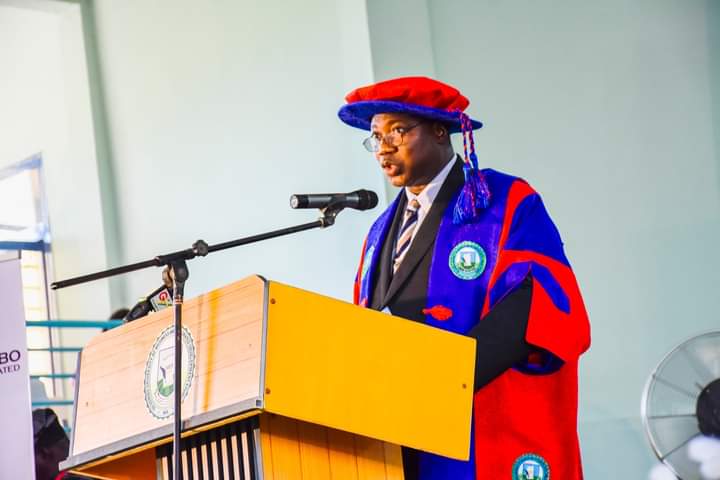- Cybersecurity firm Proofpoint considers pre-IPO funding as it plots a return to public markets
- CVS is working with advisors on strategic review, sources say
- Oil steady as prospect of more supply offsets Middle East conflict worries
- Dollar firm after Powell pushes back on aggressive easing bets
- European markets kick off October trading on a high note; euro zone inflation data in focus
What do you believe is the single most important factor driving up the cost of living in Nigeria?

Online misinformation most likely to be believed by ideological extremists, study shows
Political observers have been troubled by the rise of online misinformation—a concern that has grown as we approach Election Day. However, while the spread of fake news may pose threats, a new study finds that its influence is not universal. Rather, users with extreme political views are more likely than others are to both encounter and believe false news.
"Misinformation is a serious issue on social media, but its impact is not uniform," says Christopher K. Tokita, the lead author of the study, conducted by New York University's Center for Social Media and Politics (CSMaP).
The findings, which appear in PNAS Nexus, also indicate that current methods to combat the spread of misinformation are likely not viable—and that the most effective way to address it is to implement interventions quickly and to target them toward users most likely to be vulnerable to these falsehoods.
"Because these extreme users also tend to see misinformation early on, current social media interventions often struggle to curb its impact—they are typically too slow to prevent exposure among those most receptive to it," adds Zeve Sanderson, executive director of CSMaP.

- October 1, 2024
Researcher develops program for 3D cloud tomography

- October 1, 2024
Fathers with low incomes are emotionally resilient, finds study


- October 1, 2024
Brazilians choke as fire smoke blankets 80% of country


- October 1, 2024
Study tracks traveling population wave in Canada lynx

- September 30, 2024
Juaben MP donates tablets to schools

- October 1, 2024
Polio vaccine safe, Kano health commissioner insists

- September 30, 2024
New SDD-UBIDS’ VC to bridge academia-industry gap
Subscribe to our mailing list to get the new updates!

Subscribe our newsletter to stay updated
Thank you for subscribing!





